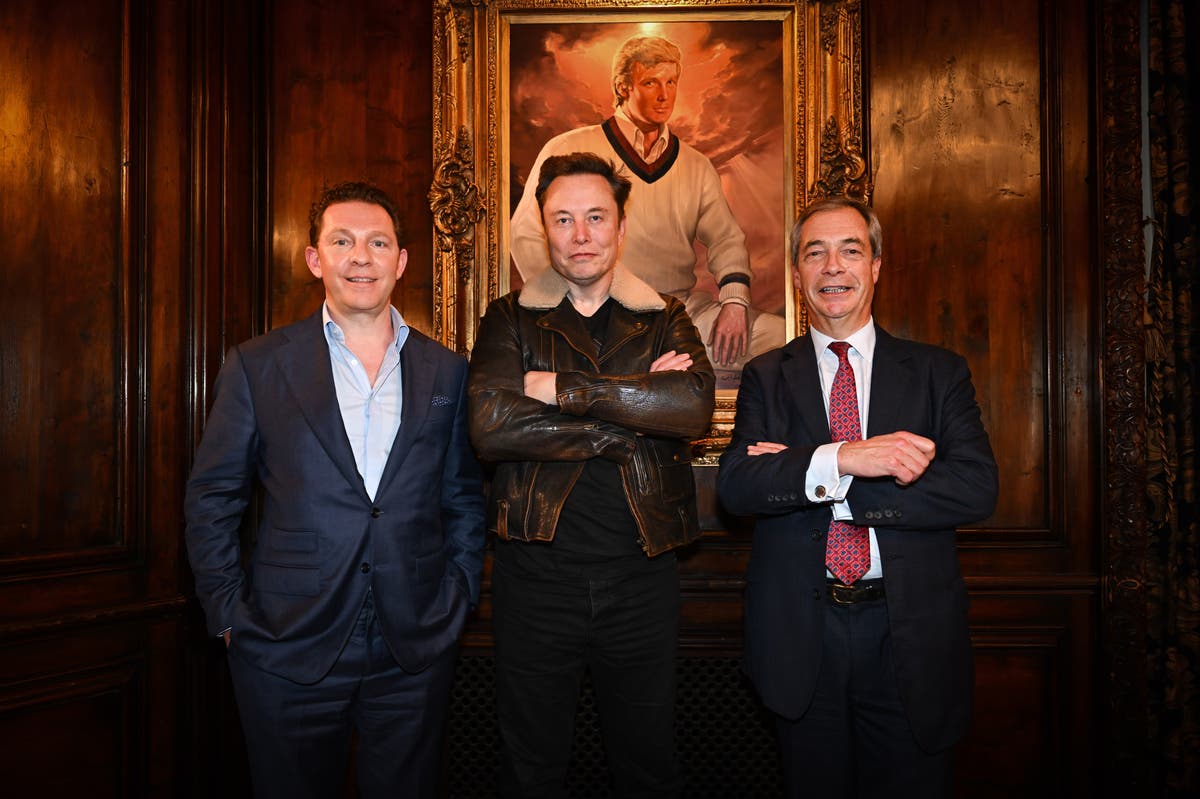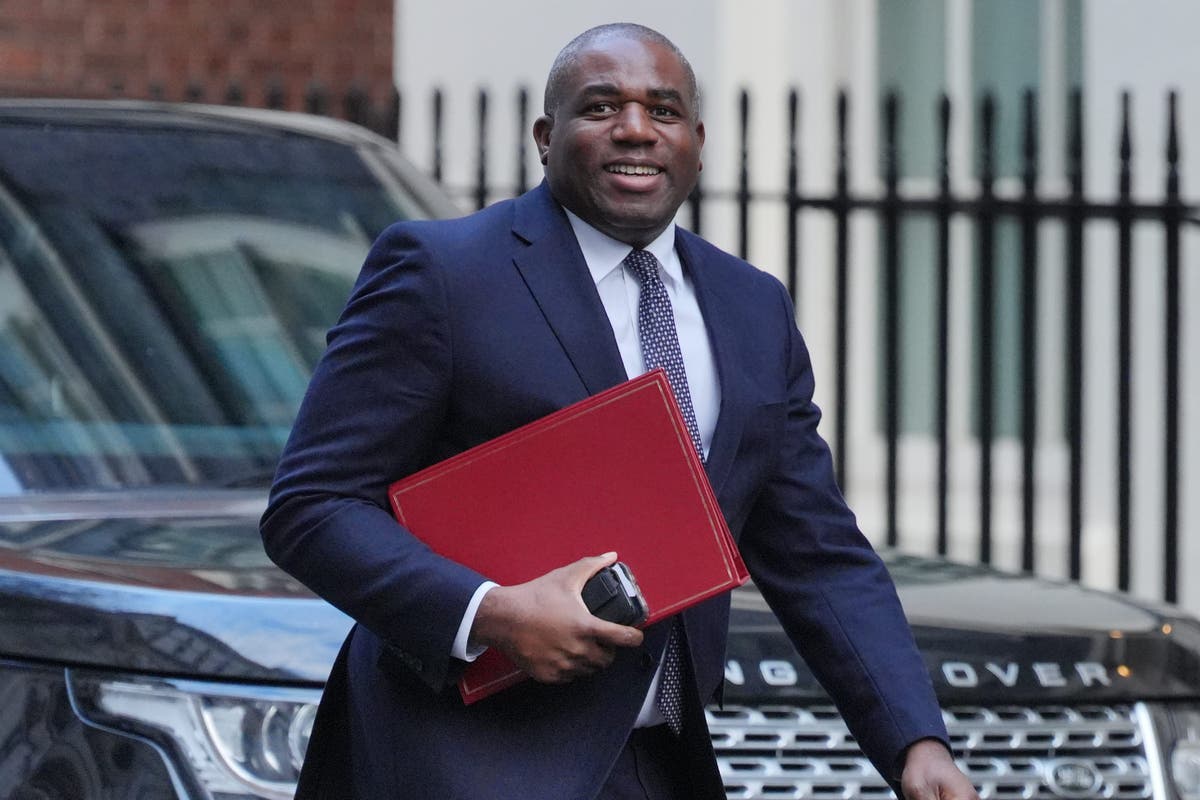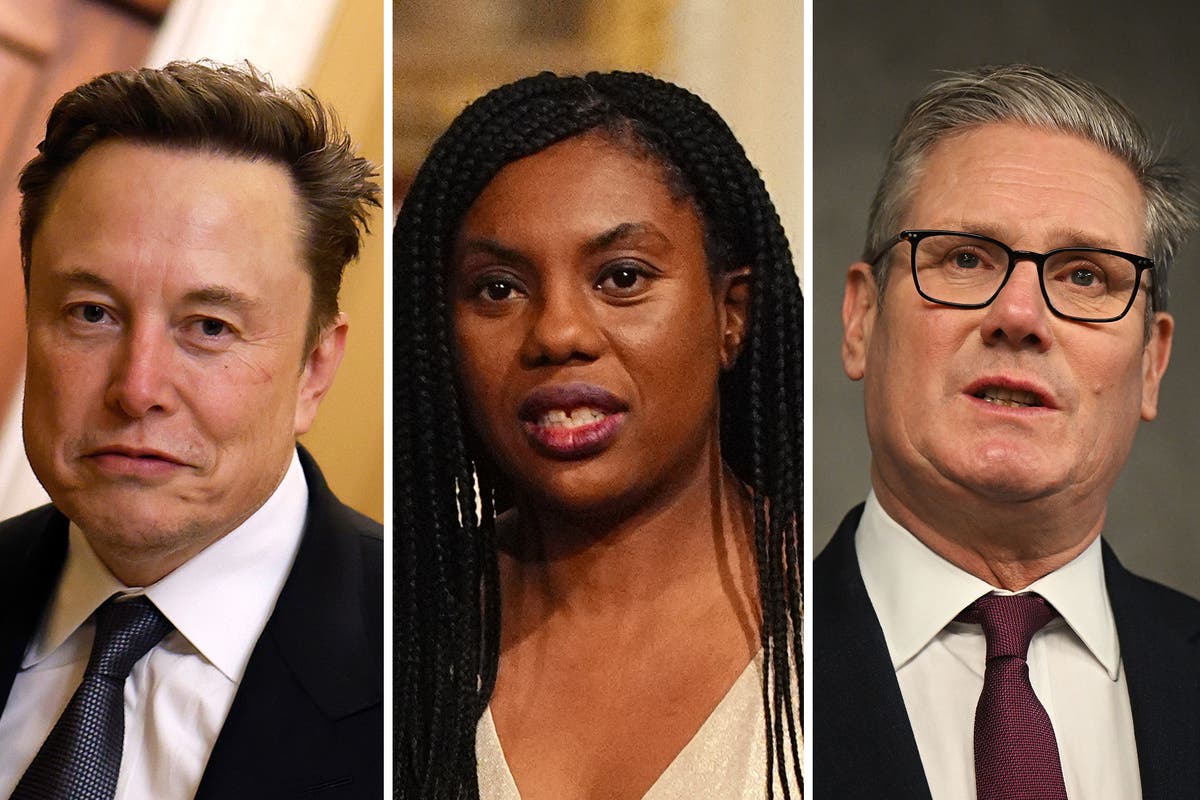Elon Musk's sudden call for a new leader of Reform UK, a UK political party, has sparked a significant political controversy. The billionaire's shift in support comes after a period of public backing for Nigel Farage, the party's founder.
Musk's criticism of Farage, expressed on the social media platform X (formerly Twitter), alleges that Farage lacks the necessary qualities to lead the party effectively. This unexpected move has created a rift within the party.
Farage has responded by publicly distancing himself from Musk's criticism of the party leader. He highlighted his disapproval of Musk's stance on jailed far-right activist Tommy Robinson as a key factor in the breakdown of their relationship. Farage maintained his stance that Robinson is not suitable for the party and that his principles are non-negotiable.
Musk's original intention was to offer significant financial support to Reform UK, potentially contributing to the party's campaign efforts in the upcoming general election. However, this backing appears to be jeopardized. The reasons behind Musk's change of heart are unclear, but the disagreement over Robinson is a key point of contention.
Observers note that Musk's comments also extend to other figures in British politics. Criticisms directed at Labour's Jess Phillips and Prime Minister Keir Starmer further complicate the situation, leading to criticism and counterarguments. While Farage defends Musk's right to free speech, other figures, including Labour's shadow health secretary Wes Streeting, strongly condemn Musk's claims as unwarranted and harmful.
The episode highlights the intricate and often unpredictable interplay between financial backers and political leaders, underscoring the complex dynamics in the current UK political climate. The impact of this controversy on Reform UK's prospects for the upcoming election remains to be seen. Political analysts suggest the party may face challenges in attracting voters without Farage's prominent presence.







